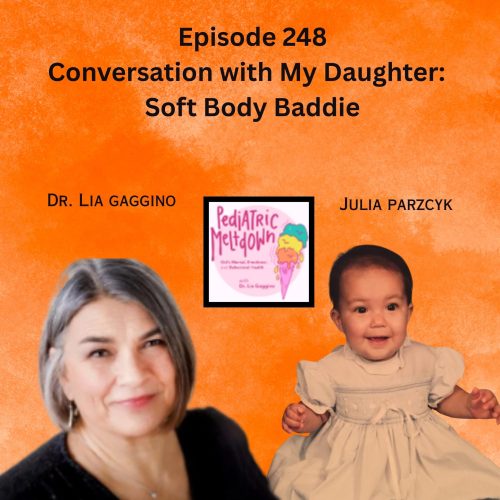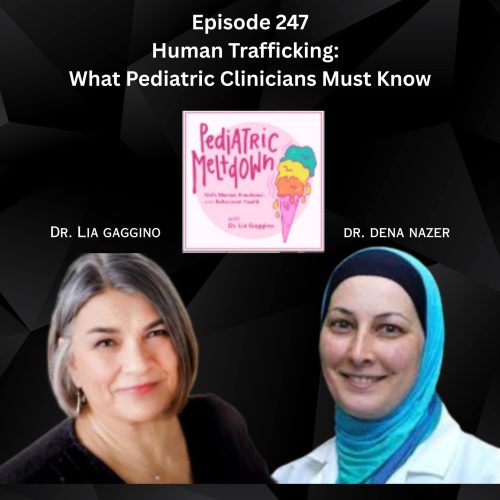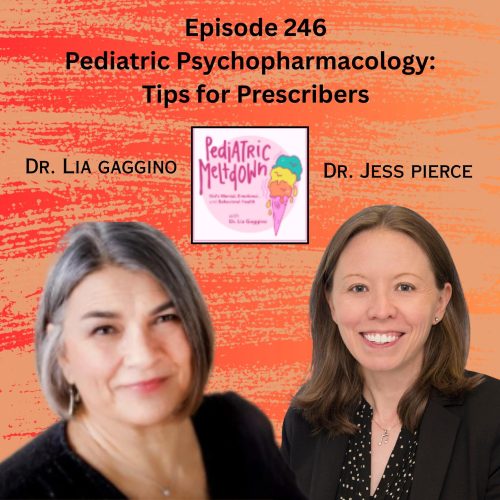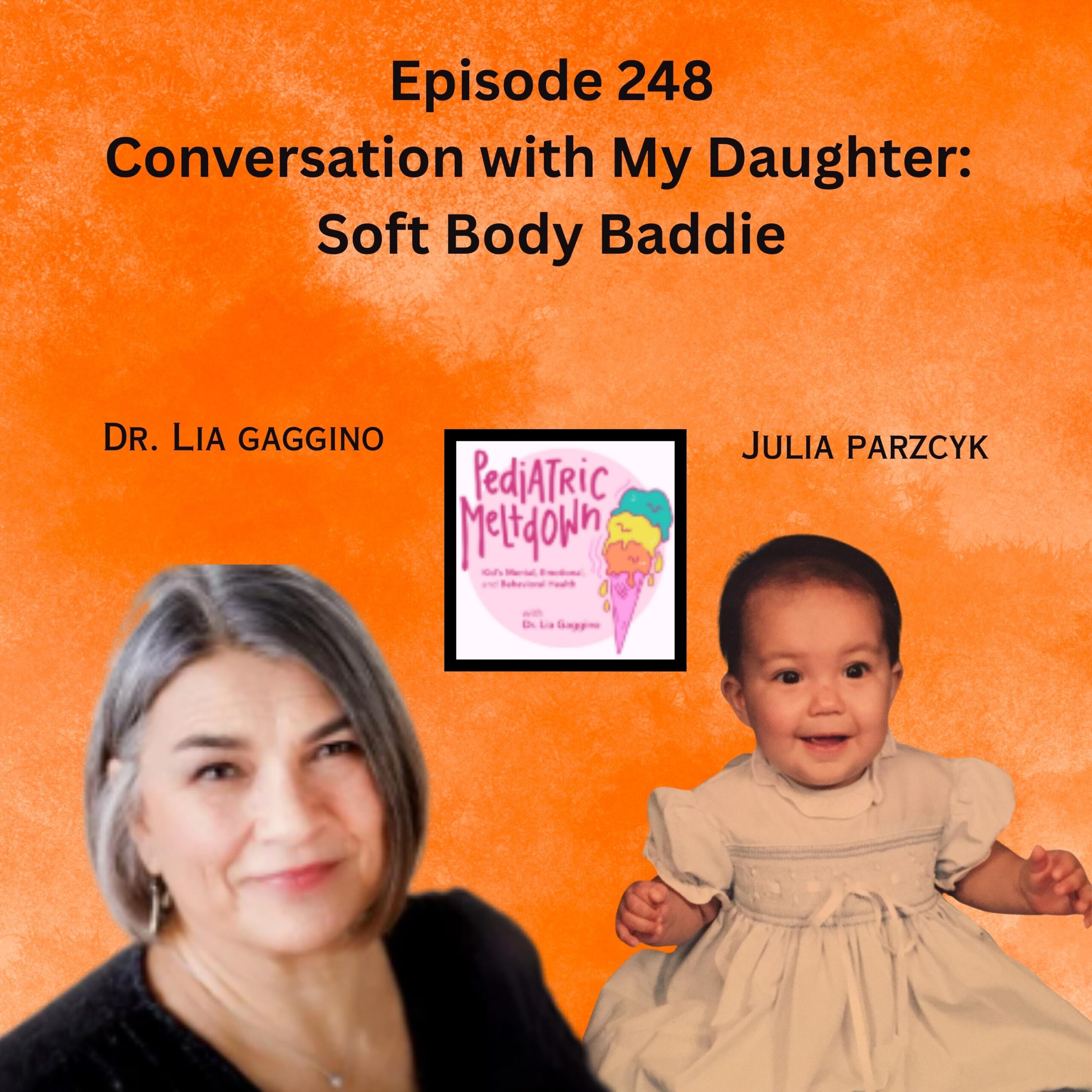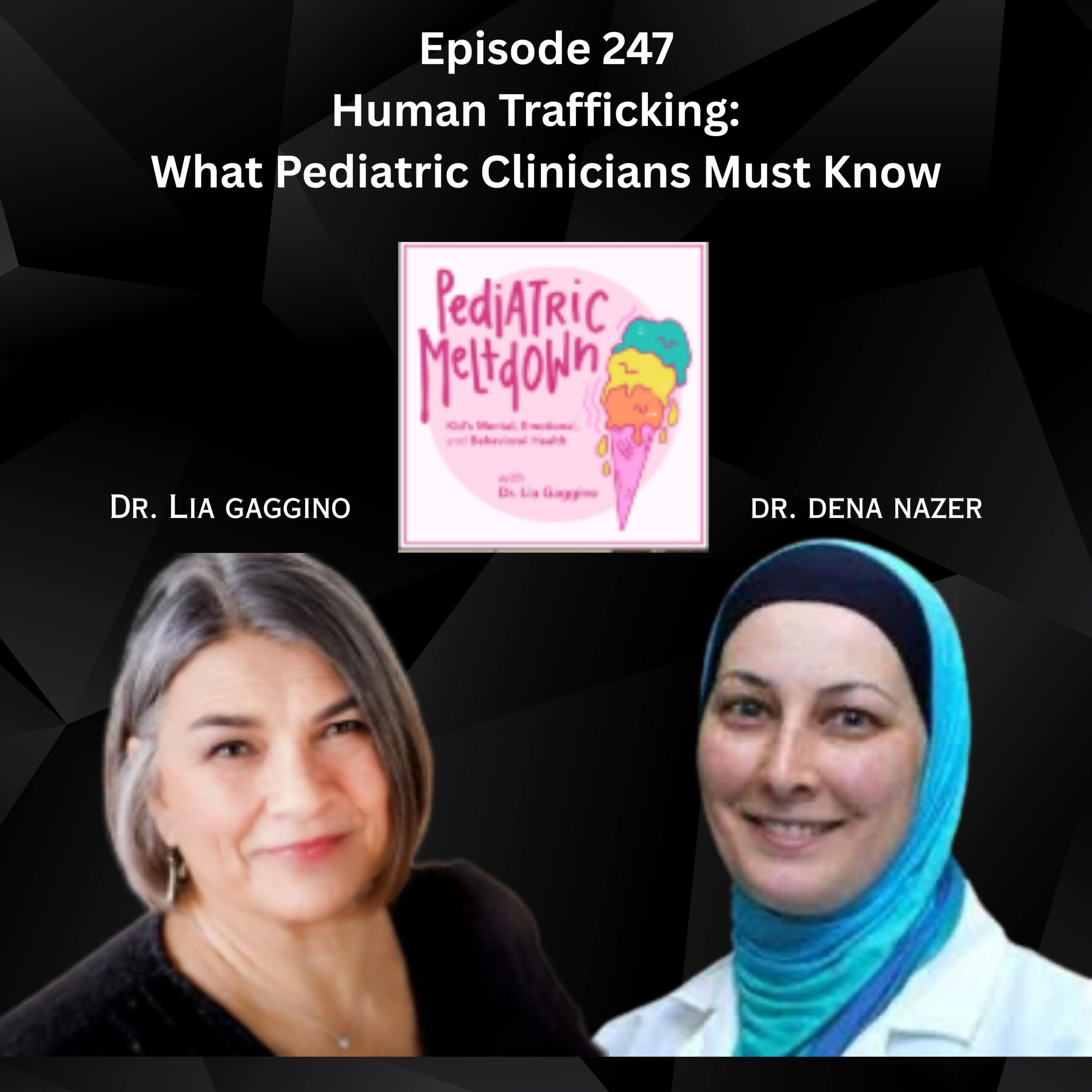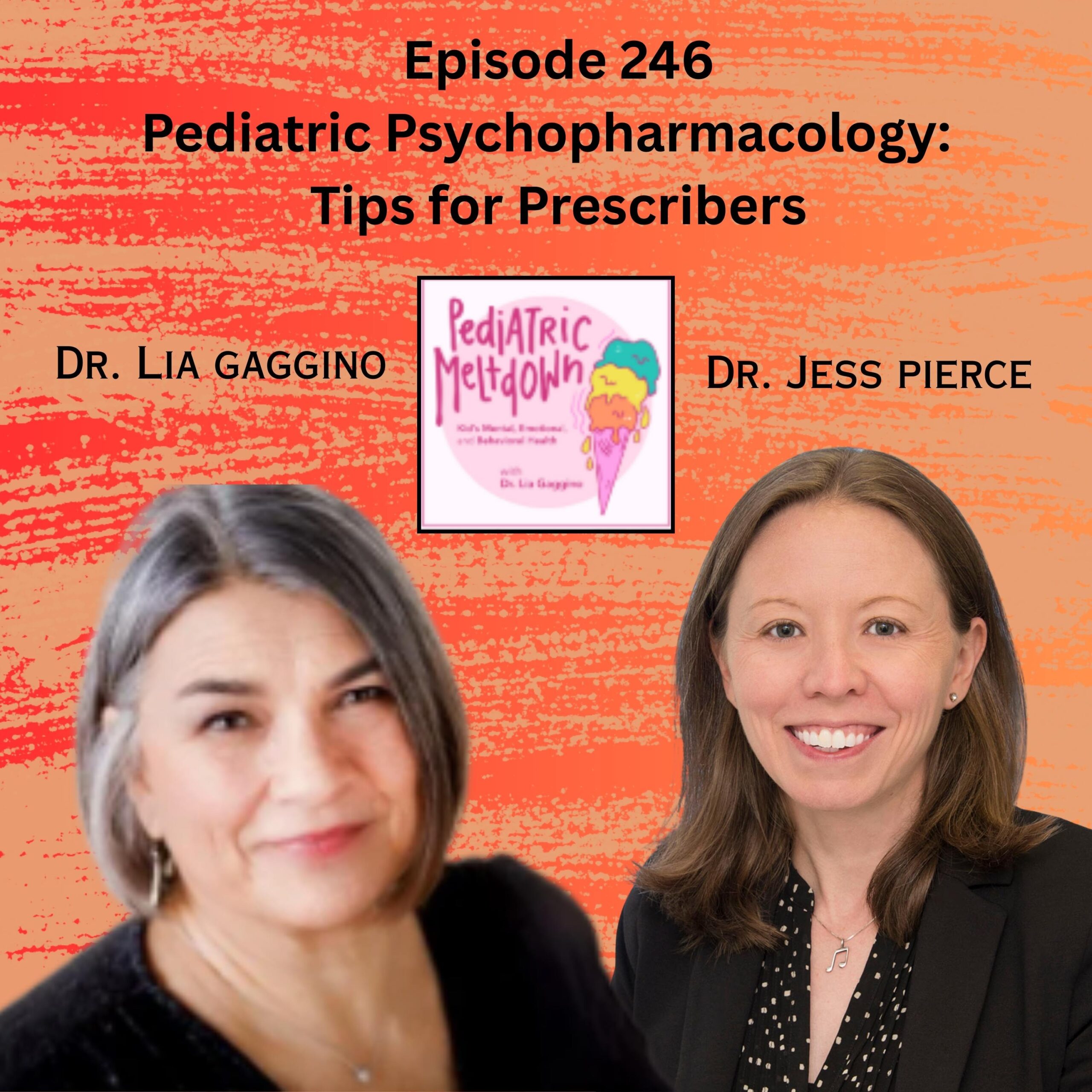Dr. Zakia Alavi is a Diplomat of American Board of Psychiatry and Neurology in general psychiatry and child & adolescent psychiatry. Dr. Alavi is an Associate Professor in the Department of Pediatrics and Human Development, College of Human Medicine, Michigan State University. For the Department of Pediatrics, Dr. Alavi is involved with developing and training pediatric residents and general pediatricians about children’s mental health through a State of Michigan and HRSA funded grant.
Currently, Dr. Alavi provides psychiatric services to children through the Community Mental Health clinic in Jackson Michigan. Dr. Alavi is the chief medical officer for Midstate Health Network, and NorthCare Network which are Medicaid Managed Behavior health Plans for 21 counties in lower Michigan and Michigan’s Upper Peninsula, respectively.
[00:01] Dr. Zakia Alavi and I Talk about the Recent School Shootings
- Why school shootings are still happening
- How we should protect our kids from gun-related violence
[06:32] How to Discuss School Shootings With Kids
- When to bring up discussions about gun violence
- Looking at school shootings as awful tragedies
- Who should also be considered as victims?
- The appropriate things to say to early elementary children
- Why adults should regulate their own emotions
- What to say to children aged 9-10 years old
- The topics that should be included in dinner conversations
[17:23] Resolving Gun Violence in Schools
- Strategies from Zakia to discuss firearms as a public health hazard
- The age group that is the easiest and most difficult to support according to Zakia
- Gun violence is a public health problem and should not be a debate
- The unique opportunity for healthcare providers to resolve gun violence
- Warning signs to watch out for in relation to homicide risk
- The dangers of the language that we use
[30:06] Take a Deep Breath Then Take Action
- The right questions to ask to parents or families
- The resources that families can access right now
- Zakia’s message for patients and pediatricians alike
[38:33] Closing Segment
- Final takeaways:
- Appreciation to Zakia for raising awareness about gun violence in this episode
- We are still prioritizing guns over children
- Our job as adults in protecting children
- The right words to say to kids and families
- What to consider in talking with the youngest children
- What to say to elementary school kids
- The easiest and hardest age group to work with
- How to talk to parents about guns in the household
- Don’t glorify guns
- How guns are stored at homes
- Talk about intense emotions and the use of words and threats.
- When should a parent worry about their child being either a risk to themselves or to others?
- Talking with families about gun violence is inevitable
- Why reach out to child psychiatrists
- The time for change is NOW
Key Quotes:
“If your child is asking questions, then you’ve done a great job creating a safe holding environment at home.” – Dr. Zakia Alavi
“Take a deep breath and talk to each other, talk to your families. Give families, your children a big hug.” – Dr. Zakia Alavi
Email alavizak@msu.edu to connect with Zakia or check out https://raind.msu.edu/ to learn more about her work.
Resources Mentioned:
- Guns in the Home
- Child Psychiatry Access Programs in the United States
- National Childhood Traumatic Stress Network
- For Teens: Coping After Mass Violence
- Tips for Parents on Media Coverage
- Parent Guidelines for Helping Youth after the Recent Shooting
- Tip Sheet for Youth Talking to Journalists about the Shooting
- Talking to Children about the Shooting
- Helping Youth After a Community Trauma: Tips for Educators
- Helping Teens with Traumatic Grief: Tips for Caregivers
- Helping School-Age Children with Traumatic Grief: Tips for Caregivers
- Helping Young Children with Traumatic Grief: Tips for Caregivers
- After the Injury—website for families with injured children
- Health Care Toolbox—website for pediatric health providers working with injured children
- American Academy of Pediatrics California Chapter
- OK2Say
SAMHSA’s Disaster Distress Helpline: Call or text 1-800-985-5990 (for Spanish, press 2) to be connected to a trained counselor 24/7/365
If you’d like to connect with me, you can find me on LinkedIn, Facebook, and Twitter or email me at gagginol@yahoo.com. To learn more about me visit https://www.medicalbhs.com/
LOVE WHAT YOU HEARD? Leave us a 5-star review so we can continue to provide you with great content. Share this episode and help people know more about children’s health and well-being.



